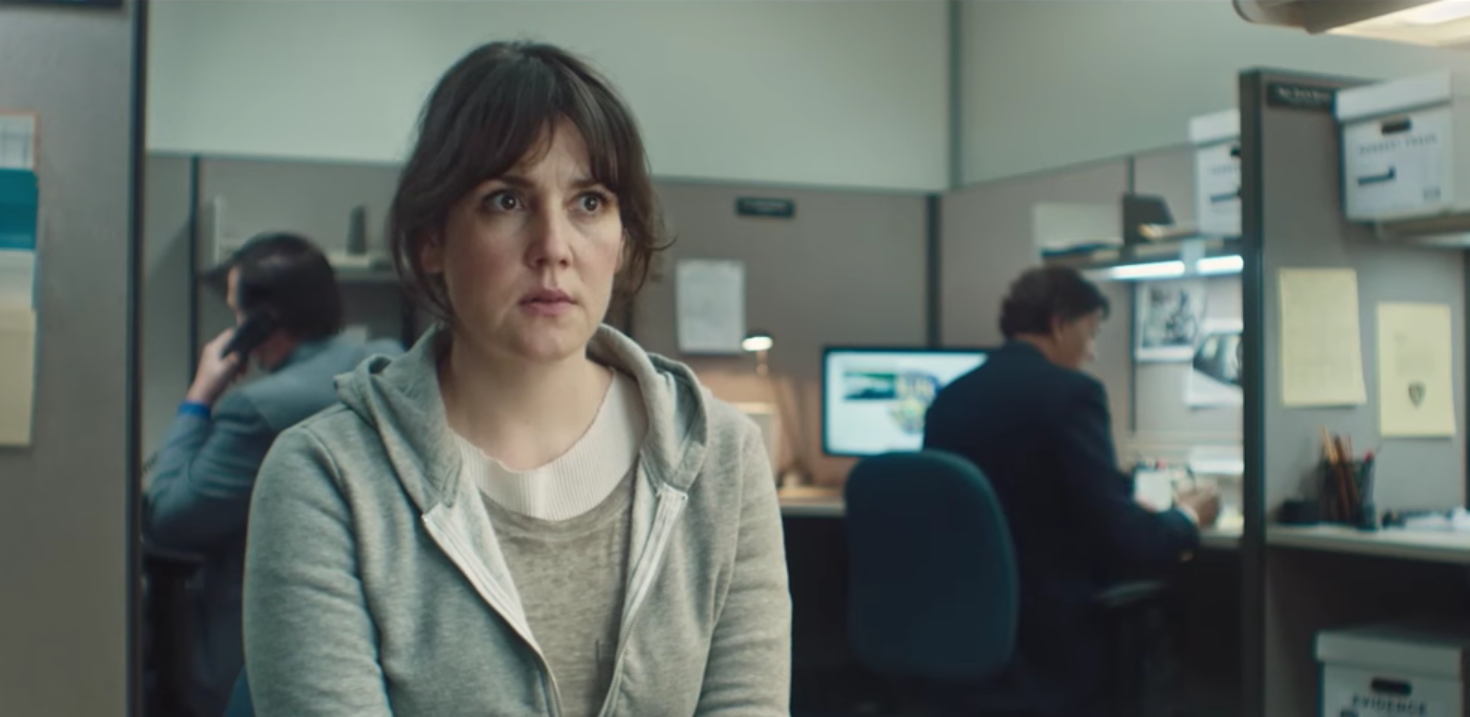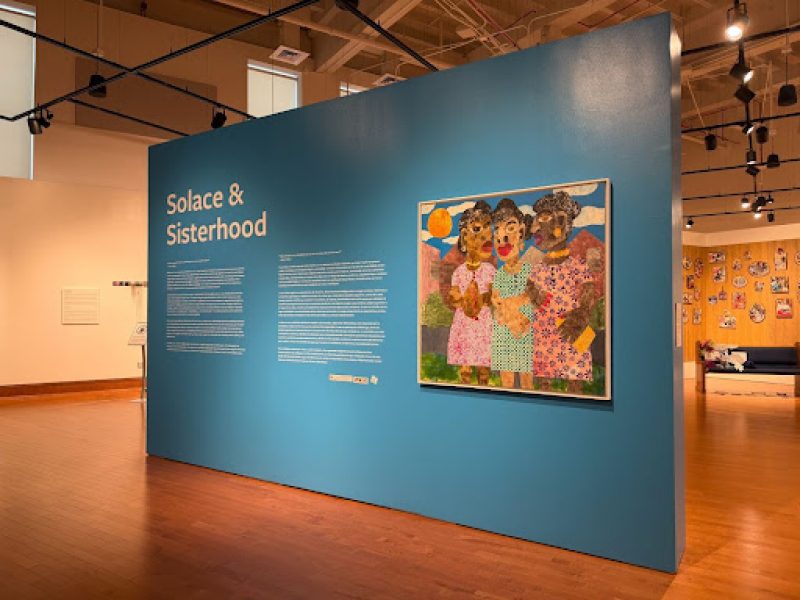Macon Blair’s directorial debut is, at once, darkly humorous and disturbing. The very nature of the film’s title and premise is troubling. Yet, for all the discomfort, Blair has created something quite memorable and even genre-defying.
The film follows Ruth (Melanie Lynskey), an average woman who is saddened by people’s indifference and the lack of respect they have for one another. After her house is burglarized and the police do little to help her, she finds a friend in the form of her odd neighbor, Tony (Elijah Wood), with whom she partners up with to take down the people who stole from her. But as they get closer to uncovering the thief, they risk putting their lives in danger.
Blair’s ability to mix subtle humor with the small drama of Ruth’s everyday life is perfect in the sense that it makes her encounters with others believable, despite a few bizarre instances, like when a crazy woman is laying in her hospital bed spouting racist slurs while watching a protest on TV before dying shortly after.
Yet, for all its delight in dark humor, shocking moments of violence become a way to slow down certain set pieces within Ruth and Tony’s journey to add realism to the film. Similar to director Jeremy Saulnier’s Green Room, which Blair starred in, the addition of gritty moments containing violence allows viewers to be grounded in a world that highlights its so-called heroes’ limitations.
In addition, Ruth’s quest for ultimate good is plagued by a cast of unsavory characters who have more intricacies beneath their misleading shells. Whether it be the newly divorced and bitter police officer in charge of Ruth’s case, or the uncaring father of a possible suspect she is pursuing, her conversations with these characters give depth to the meaning of her quest for good, while emphasizing the inevitability of disaster.
Blair’s excellent script allows his film’s characters to feel more real and animated, but it is Lynskey’s performance as the depressed yet determined Ruth that makes the film shine. Amidst her house being robbed — and witnessing everyday acts of rudeness from strangers in public — the sadness mixed with indifference that Lynskey brings to her character is perhaps one of the most normalized and subtle portrayals of depression within a film. There is no glossing over it.
Ruth’s intentions are admirable as she tries to mold her own version of justice, albeit with a thick lens of naivety. Her lack of trust and sympathy for those around her surfaces due to the lack of warmth she experiences in her day-to-day life. Her quest ultimately turns into a harsh reminder that not all of the world’s problems can be fixed, no matter how hard one may try to fix them.
Wood’s performance isn’t one of his best, but it is quite memorable. His weird antics and random philosophic sayings make him perfect for awkward comedic moments, specifically during scenes where there shouldn’t really be.
Blair’s first offering shows plenty of promise; his mix of dark humor, quirkiness and sudden moments of violence delivers a unique film experience that will surely keep viewers thinking long after the credits roll.




